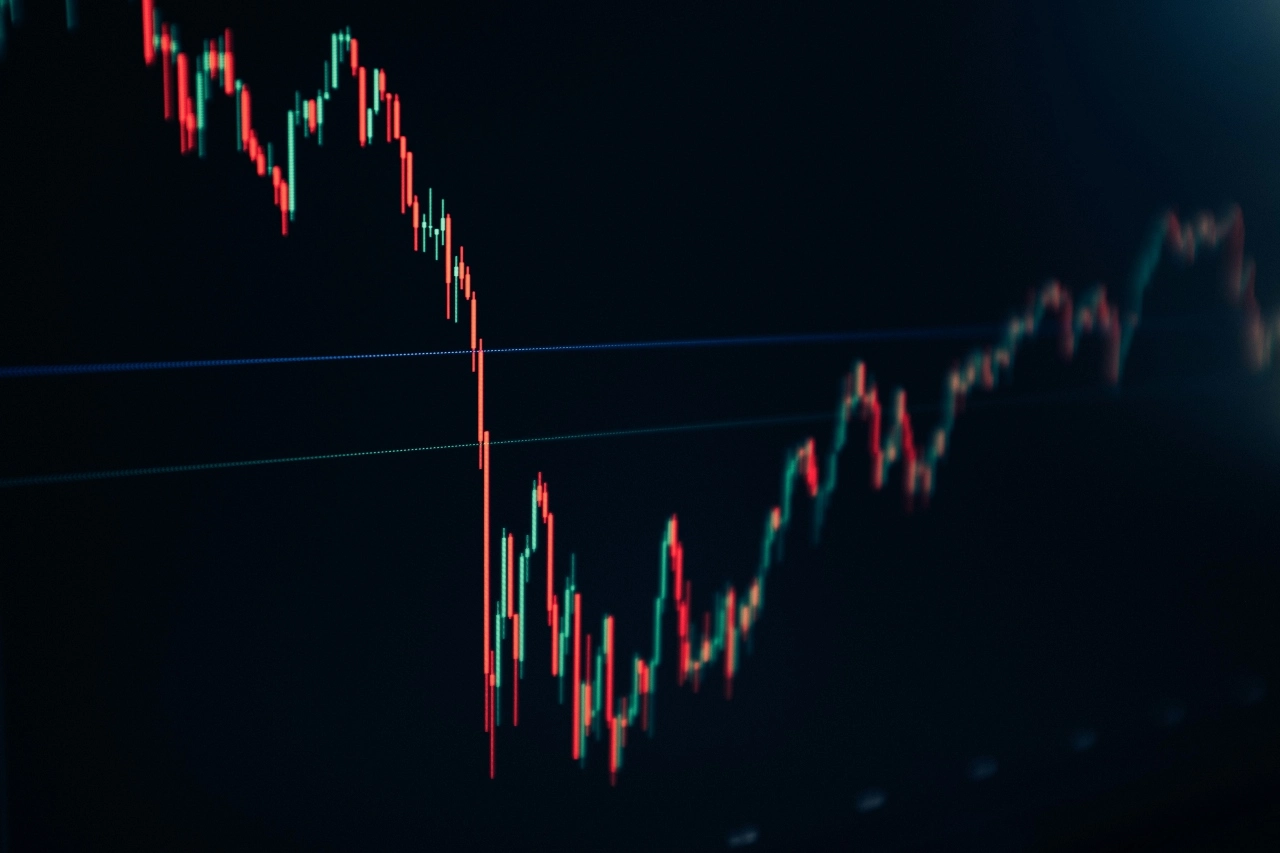Tariffs: Why a zero-sum game?

Blog, 14/03/2025, by Sven Franck (en français , in Deutsch)
TL;DR - After much rambling, the EU was slapped with 25% tariffs for steel and aluminium by the new United States government. The European Commission shot right back with equivalent tariffs to be applied starting April 1st. No joke. But what is the endgame? Why not play it smart and ensure that our responses also make the EU more resilient? After all, an eye for an eye should not mean that we poke out one of our eyes if the US is doing so.
Surgical measures instead of lump tariffs
Speaking of poking out an eye, last week also saw the US stopping support for F16 fighter jets other countries provided to Ukraine. No joke either. It means that any advanced weapon system purchased from the US can be "bricked": just like a Playstation is useless when cut off from Sony’s online services, any military product "Made in USA" now carries the risk of being disabled at the click of a button. Almost all EU member states have running orders for American F35 fighter jets. The EU could request member states to reassess their commitments and potentially move to European providers… if necessary Aukus-style.
Why not go further: social media has become the new battlefield against democracy. We all saw the “tech bros” siding with the new US president: from no longer giving visibility to posts that match certain keywords (like “democracy”) to blatantly interfering in elections in Europe, the principal vulnerability of our democracies is social media. The EU is not up to the task, merely wrist slapping instead of mandating interoperability from platforms. Imagine being able to follow your parents on Facebook and your friends on Instagram on your private feed. This is “Interoperability” and it would break walled gardens aimed to keep us hooked to social media platforms. Member states are already banning smartphones from schools. If the EU wanted to send a strong signal, it would apply the Digital Services Act to social media and allow European alternatives to be built.
The EU could also become much more assertive with regards to sensitive data. Donald Trump mandated all national security decisions by Joe Biden to be reviewed and potentially scrapped within 45 days of the inauguration. This includes the EU-US data transfer agreement. It was hastily agreed-upon after the Schrems II decision invalidated the previous agreement to continue justifying EU businesses and governments using US cloud services. With the legal basis likely in shambles and the US no longer being a trustworthy partner, experts are calling to mitigate risks and migrate to European solutions. What is keeping the EU Commission from stepping up?
Free-riding on global economic influence?
The United States cutting ties and trade agreements with partners is a chance for Europe to fill the void and expand its economic reach. The rules-based international order and cooperation have been a success story for decades and we should not underestimate countries around the world valuing trustworthiness and legal reliability. The European Union's biggest asset is its regulatory power and the stability it provides. While it’s essential to build up Europe’s military deterrence capacity, a response to tariffs should also include an initiative to grow the European Economic Area towards a new global economic area.
Finally, and to flank any efforts in this regard, the EU could take “an official look” at establishing a basket of reserve currencies. In times where the US no longer is a reliable partner, risk diversification is also essential for currency reserves – especially with the US devaluing the dollar and risking recession as well as a shutdown of their government. The EU could even borrow from the new president’s toolbox arguing that the US stepping back from international engagements cannot mean freeriding as sole provider of a global reserve currency. In a multipolar world, risks need to be diversified globally and an initiative with China to diversify away from Dollar into Euros and RMB would certainly be met with interest across the globe.
With regards to economic clout, the European Union doesn’t have to play softball. With member states at risk of going in 27 different directions, it should be the European Union who coordinates, instead of merely being invited to the table to discuss Europe’s future. For this, the EU needs to show its bureaucratic teeth and have a plan for the coming years. Merely mirroring the US erratic moves is an economic zero-sum game. If the US wants to exit global trade “Brexit-style” we should not follow, but instead pick up the slack. The EU must have a vision of a European Union in a multipolar world - a vision that not only speaks to countries abroad but also to its member states and one that must lead to the necessary treaty reforms.